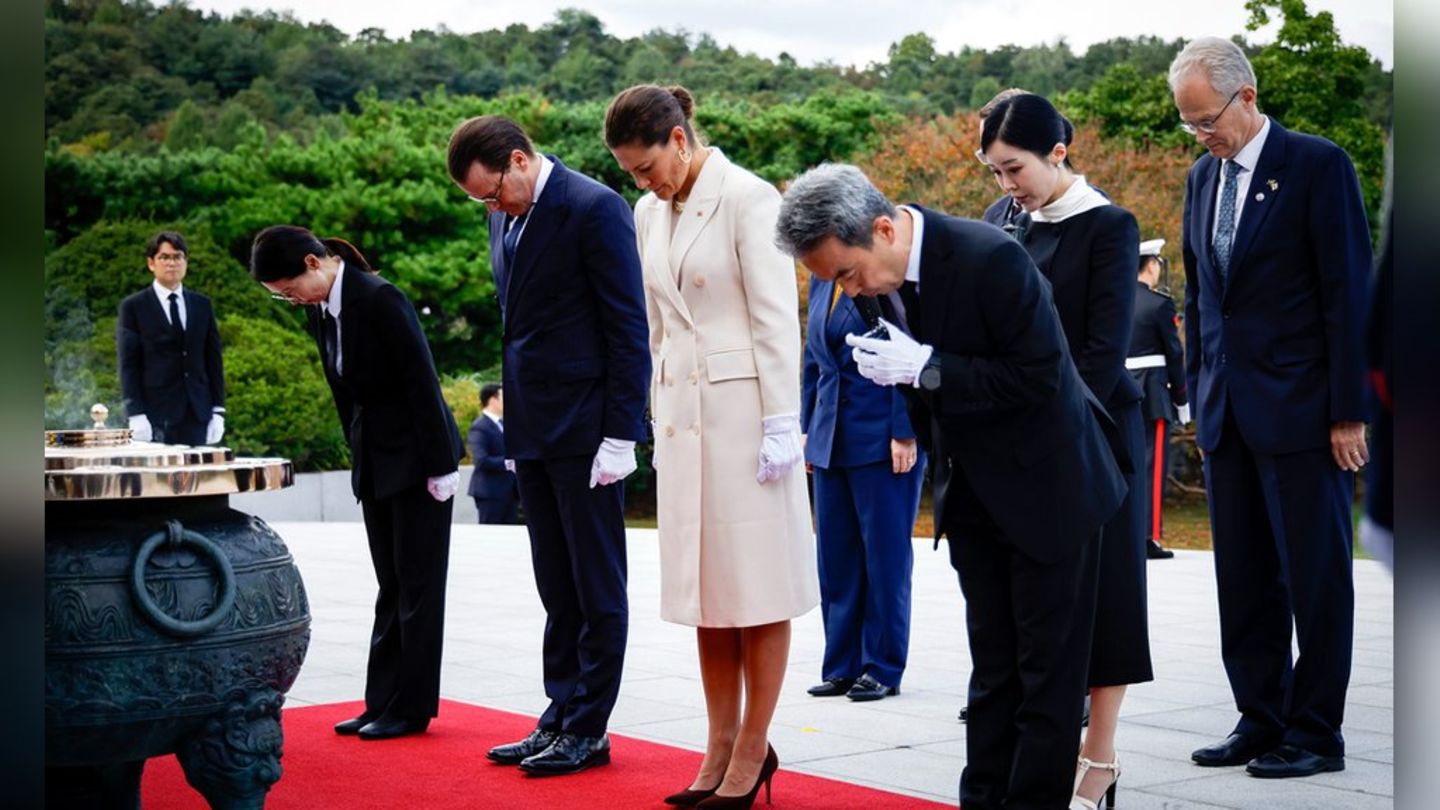The situation of the social Security in Uruguay is back on the table, considering that the government has already approved a reform that is currently in force and which meant, among other things, an increase in the retirement age, a change in the calculation of the retirement salary and a modification in the distribution of contributions to the retirement system. From the union center PIT-CNT and some sectors of the Wide Front A collection of signatures was promoted to repeal it through a plebiscite and the Electoral Court is close to announcing that the signatures are authorized to make it happen.
Lucia Cabrera, Senior lawyer of the Legal Department-Labor and Litigation Sector of KPMG Uruguay explained to Ambit What is the role that the Pension Savings Fund Administrators play today, today questioned in their operation by this campaign.
“The AFAP is a private company whose sole objective is the administration of pension savings funds, that is, the administration of the money that comes from workers’ contributions. This implies that the AFAP will investments about that money that he manages,” he noted, adding that “all of this action is controlled by the Central bank”, for those who “do not have the freedom to do what they want, it is determined by law which investments they can make, which they cannot, and there is also arduous control by the Central Bank to ensure that they are carried out effectively and that all regulations are complied with” .
According to the expert, the AFAPs have “the role of seeking investments, making investments and obtaining cost effectiveness for those investments that today are on average 3% annually.” “It is its only role, once the person meets some requirement to receive the money, the AFAP pays that money, except in the case of retirement, where the administrator sends the funds to an insurance company that today is only the State Insurance Bank (BSE) and this is the one who makes the payment,” he explained.
Cabrero added that “one of the main proposals of the plebiscite of Constitutional reform is precisely the elimination of the AFAP”: “This would imply the return to the single system, that is, the elimination of the mixed systemwhich implies that it will be managed solely by each particular entity, the Social Security Bank (BPS)”.
The changes that the elimination of the mixed system would bring
What would be the differences between the current regime and the regime if the plebiscite is approved?
To begin with, it would be “the elimination of all those issues that the existence of the AFAP introduced, such as the possibility of obtaining a bonus or increased benefit as a result of the income obtained from the investments made by the administrator with the contributions”: “When a member contributes to the BPS, they will then receive a benefit according to what they contributed. However, regarding the AFAP, what it does with the money it receives from the contribution is make investments that generate rent, which implies that later there will be an additional benefit for a larger amount in terms of retirement,” said Cabrera.
The KPMG lawyer mentioned other benefits of the current system such as “the lack of limitssince retirement depends directly on the amount contributed to the individual account.” “The same does not happen with regard to retirement from the BPS, where there is a limit, regardless of whether the person has contributed much more during his or her life, there will be a retirement limit that is now more or less around 80,000 pesos,” he said.
On one of the main aspects of the opposition to the law that would be part of the plebiscite, such as legal certainty about what will happen to the existing funds In each of the individual accounts, the lawyer stated that it is established that the fund would go to a escrow of administration by the BPS, but that “it is not clear how it will be administered or how the rights of the people who had already made the contribution will be maintained or not.” “That uncertainty, that legal security problem It is what many people who are against this plebiscite rely on because there is no clarity on exactly how that money is going to be treated, what is called acquired rights, and then there is a certain insecurity that worries people,” Cabrera considered.
Likewise, regarding the possible impact on the Arrival of investments to the country if the changes promoted by the PIT-CNT are approved, “it can be considered that such a large modification and a regression to a intergenerational solidarity system “and not mixed that has been an international trend implies a return to the past and the previous regime, a regime that was modified for some reason where logically there were financial, social and demographic situations that gave rise to the need to establish a mixed regime,” he concluded. the KPMG Uruguay lawyer.
Source: Ambito




